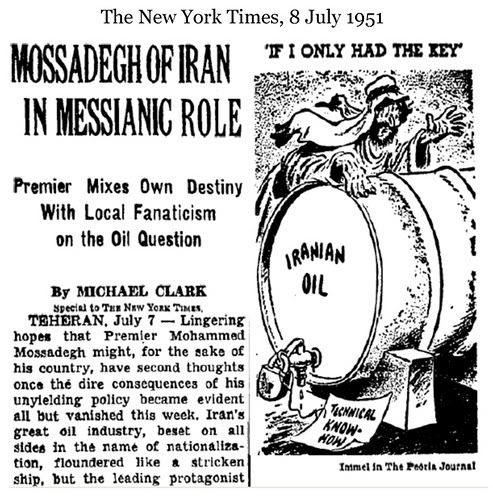Cross posted from The Stars Hollow Gazette
Attorney General Eric Holder claimed that the banks were too big and too hard to prosecute for the “massive criminal securities fraud” behind the high risk mortgage securities that led up to the 2008 financial collapse. Instead the Justice Department opted for civil settlements with large fines with no admission of any wrong doing.
Actually, it wasn’t. It appears that the Obama administration’s chief law enforcement officer chose not to prosecute despite all the evidence at his disposal. In his return to Rolling Stones, investigative journalist Matt Taibbi introduces Alayne Fleischmann, JPMorgan Chase’s $9 billion nightmare:
She tried to stay quiet, she really did. But after eight years of keeping a heavy secret, the day came when Alayne Fleischmann couldn’t take it anymore.
“It was like watching an old lady get mugged on the street,” she says. “I thought, ‘I can’t sit by any longer.'” [..]
Fleischmann is the central witness in one of the biggest cases of white-collar crime in American history, possessing secrets that JPMorgan Chase CEO Jamie Dimon late last year paid $9 billion (not $13 billion as regularly reported – more on that later) to keep the public from hearing.
Back in 2006, as a deal manager at the gigantic bank, Fleischmann first witnessed, then tried to stop, what she describes as “massive criminal securities fraud” in the bank’s mortgage operations.
Thanks to a confidentiality agreement, she’s kept her mouth shut since then. “My closest family and friends don’t know what I’ve been living with,” she says. “Even my brother will only find out for the first time when he sees this interview.”
Six years after the crisis that cratered the global economy, it’s not exactly news that the country’s biggest banks stole on a grand scale. That’s why the more important part of Fleischmann’s story is in the pains Chase and the Justice Department took to silence her.
She was blocked at every turn: by asleep-on-the-job regulators like the Securities and Exchange Commission, by a court system that allowed Chase to use its billions to bury her evidence, and, finally, by officials like outgoing Attorney General Eric Holder, the chief architect of the crazily elaborate government policy of surrender, secrecy and cover-up. “Every time I had a chance to talk, something always got in the way,” Fleischmann says.
This past year she watched as Holder’s Justice Department struck a series of historic settlement deals with Chase, Citigroup and Bank of America. The root bargain in these deals was cash for secrecy. The banks paid big fines, without trials or even judges – only secret negotiations that typically ended with the public shown nothing but vague, quasi-official papers called “statements of facts,” which were conveniently devoid of anything like actual facts.
Matt and Ms. Fleischmann joined Democracy Now‘s hosts Amy Goodman and Juan González to discuss ow JPMorgan wrecked the economy and avoided prosecution.
The full transcript can be read here


